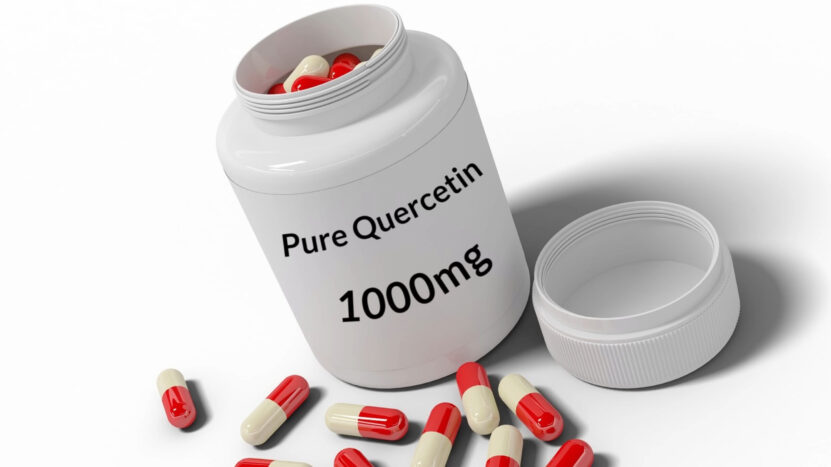If you suffer from allergies, you know how annoying and uncomfortable they can be. Sneezing, itching, runny nose, watery eyes, and sinus pressure are some of the common symptoms that can ruin your day.
You may have tried various over-the-counter or prescription antihistamines to relieve your symptoms, but did you know that there are natural alternatives that may work just as well or even better? Antihistamines are drugs that block the effects of histamine, a chemical that your immune system releases when it detects an allergen, such as pollen, dust, or animal dander.
Histamine causes inflammation and irritation in your body, leading to allergic reactions. By blocking histamine, antihistamines can reduce or prevent these reactions.
However, antihistamines can also have side effects, such as drowsiness, dry mouth, headache, nausea, and blurred vision. Some people may also have allergic reactions to antihistamines themselves, or experience interactions with other medications.
That’s why some people prefer to use natural antihistamines, which are substances that can inhibit histamine production or activity without causing unwanted effects. In this blog post, we will explore some of the strongest natural antihistamines that you can use to boost your immunity and fight allergies.
We will also discuss how they work, how to use them, and what are the possible benefits and risks of each one.
Vitamin C

Vitamin C is renowned as a natural antihistamine and a potent antioxidant, helping to shield cells from damage due to histamine and allergens. It plays a role in regulating the immune system and preventing excessive reactions to benign substances.
Consuming this vitamin can lower histamine levels in the blood and boost the activity of the enzyme responsible for histamine breakdown. It also improves the functioning of mast cells, which release histamine, thereby potentially easing allergic symptoms like nasal congestion and sneezing.
Adults typically need 75 mg (women) and 90 mg (men) of Vitamin C daily. Some research indicates that up to 2,000 mg daily might be more effective for allergies.
Vitamin C is abundant in citrus fruits, berries, kiwis, peppers, broccoli, and spinach, and supplements are available. However, exceeding 2,000 mg daily can lead to side effects like diarrhea and nausea.
Quercetin

Quercetin, a plant flavonoid, possesses anti-inflammatory, antioxidant, and antihistamine qualities. It inhibits histamine production and release from mast cells and basophils, immune cells involved in allergic reactions.
Quercetin also helps stabilize these cells’ membranes, preventing them from releasing histamine into the bloodstream. This compound influences other immune cells, like T cells and B cells, involved in antibody and cytokine production.
This action can help alleviate symptoms of allergic rhinitis, asthma, and eczema. Quercetin is present in onions, apples, grapes, berries, tea, and red wine, with an average daily intake from food ranging between 10 to 100 mg.
Higher doses, up to 1,000 mg per day, might offer greater allergy relief. Quercetin supplements are available but can interact with certain medications and cause mild side effects like headaches or stomach upset.
Bromelain

Bromelain, found in pineapple stems and fruit, is a group of enzymes known for breaking down proteins. It exhibits anti-inflammatory, anti-edema, and antihistamine properties, helping to alleviate swelling and inflammation caused by histamine.
Bromelain also boosts the absorption and effectiveness of other antihistamines like quercetin. This enzyme complex can regulate the immune system, reducing its overreaction to benign substances.
It diminishes the production of cytokines and antibodies linked to allergic reactions and activates immune cells to remove allergens. Consequently, bromelain can help mitigate symptoms of allergic rhinitis, sinusitis, asthma, and skin allergies.
Bromelain supplements, often combined with quercetin, are typically taken in doses of 400 to 500 mg three times daily on an empty stomach. However, it can interact with certain medications and may cause side effects like diarrhea or nausea.
